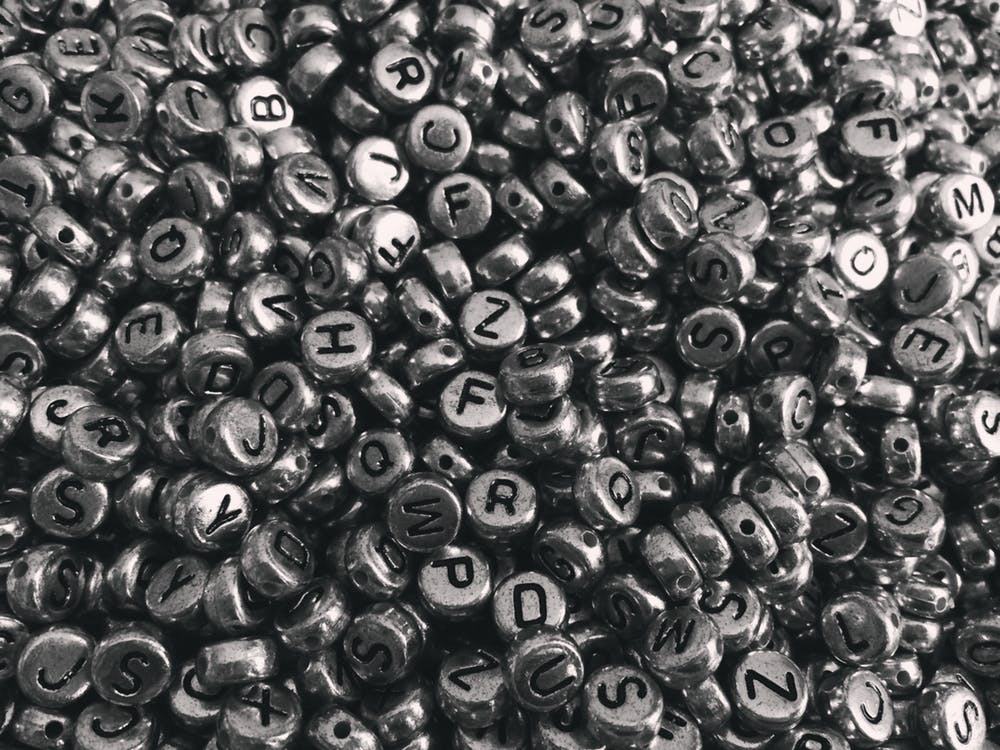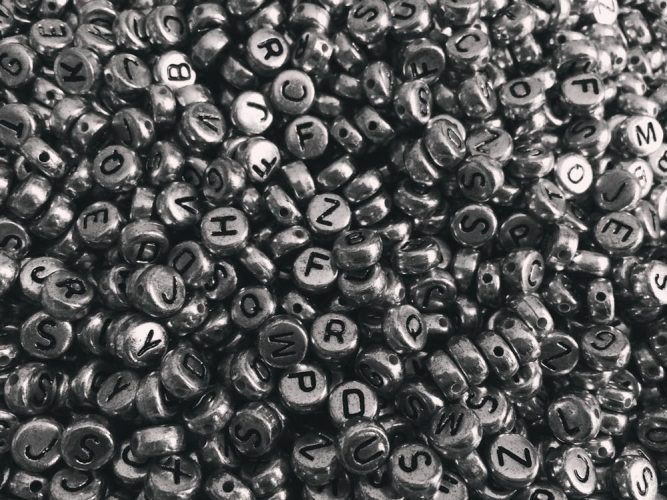If you’ve been reading this blog for a while, you’re probably aware that using proper English is governed by rules and restrictions that are largely unconscious within the minds of native speakers. You probably realize that these rules do not completely overlap with the rules of “proper English”. Which are somewhat arbitrary and change over time according to social convention.
However, if you’ve ever written anything for school, for work, or for publication, your success can depend upon your adherence to the externally imposed rules. The ones that aren’t intuitive. Therefore, you may wonder whether some things that come up in everyday speech are okay in more formal contexts.
The History of Different Than
For instance, in multiple English-speaking countries, “different from” is a standard phrase, as is “Pepsi tastes different from Coke” or “The park looks different from how I remember it.” Fluent speakers also regularly use the phrase “different than,” as in “Pepsi tastes different than Coke”. Or “The park looks different than I remember it.” Is this variant okay?
Like many things in language, there’s no one objective answer. “Different than” has been used since at least the seventeenth century but has been labeled incorrect by language critics since at least the eighteenth century.
This is partly due to a belief that than can only be used with comparative adjectives (as in “Pepsi tastes better than Coke”). However, constructions like “other than” (“I like every sport other than hockey”) and “rather than” (“Rather than waste time going to the store, just borrow one from your neighbor”) exist. They use than without a comparative adjective, and no one complains about those.
Another argument that has been raised is that no native speaker would say “differs than” (“My position differs than my opponent’s on a key point” sounds wrong to virtually everyone). However, there’s no reason an analogy should dictate usage, and as linguistics student Gabe Doyle has pointed out. Differ and different actually came to English via, well, different routes. Different came directly from a Latin word, while differ came from a Middle French word. Which, granted, descended from a Latin word). It would make sense for words with unlike origins to follow unlike rules.
Conclusion
Besides, deriving prescriptive rules for English from descriptions of Latin isn’t logical in the first place. Also, “different than” has persistently appeared in everyday speech as well as in the works of respected writers from Daniel Defoe to Samuel Coleridge to E.M. Forster, suggesting that its use is consistent with the underlying, unconscious rules of grammar.
Basically, even though many lists of so-called grammatical errors excoriate the use of “different than,” there is no reasonable argument against it.
All that said, in formal situations, you may want to think twice before using “different than.” Many newspapers and other formal publications discourage or ban it. There is often some leeway for when “different than” appears before a clause. So, editors would more be more likely to accept “The park looks different than I remember it” than “Pepsi tastes different than Coke.”
Still, if your writing is going to be judged, you should probably stick with “different from.” It’s the standard form across English-speaking countries, so it’s the safer choice when you want to appear professional.


